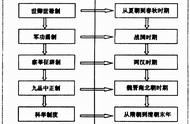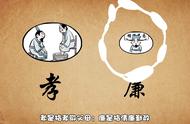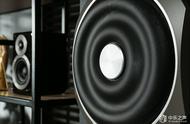每天学一点,不积跬步无以至千里,不积小流无以成江海!

今天我们来说下单词 “tune、tone、note、pitch” 和 “notation” 的区别。这五个词都是音乐术语。比如:唱歌 “走调” 可以用 “out of tune” 来形容;唱歌的 “音色” 相对应的英语单词是 “tone”。
Question
英语中有很多关于 “音乐” 或 “音调” 的单词,比如 “tune、tone、note、pitch” 和 “notation”。它们应该怎么区分 ?每个词有什么固定的用法呢?
Example
I went to a concert last night, and ever since, there’s been a particular tune that I can’t stop singing! The tone of the orchestra was superb. The main performer sang very well and managed to reach some very high notes. To be honest, it was so high that, at times, I wondered whether it should have been written at a lower pitch! I’d be interested in reading the notation.
(昨晚我去听了一场音乐会,从那以后,就有那么一首曲子让我一直唱个不停!管弦乐队演奏的音色很棒。领唱唱得很好,唱到了很高的音。说实话,高到我时不时琢磨,这个音调是不是该写低一点!我很有兴趣读一读这首曲子的乐谱。)

听完了音频中的故事,我们来逐一讲解里面使用的词语。先来看 “tune”。作名词时,“tune” 指 “音符高低变化的方式”,也就是 “曲调,旋律”。比如,你听了一首歌,很喜欢歌曲的 “tune (曲调)”。在前面听到的故事中,说话人一直在唱她在音乐会上听到的 “tune(旋律)”,可能是因为曲调很 “catchy(朗朗上口)”,让她无法忘怀。
Example
There’s been a particular tune that I can’t stop singing.
(有那么一首曲子,我一直唱个不停。)
作动词时,“tune” 表示 “为乐器调音、定弦”。请听例句。
You need to tune that guitar – it doesn’t sound right!
(你得给那把吉他调调音,听起来音不准!)

与动词 “tune(调音)” 相关的短语有 “in tune” 和 “out of tune”。如果一个人很会唱歌,就可以说这个人 “in tune(音准好)”;相反,如果一个人不太会唱歌,听起来就可能 “out of tune(走调了)”。除了形容唱歌 “走调”,短语 “out of tune” 也形容乐器 “音不准”。
Example
When the school orchestra played, the music sounded really out of tune.
(学校管弦乐队演奏时,曲子听上去跑调了。)















